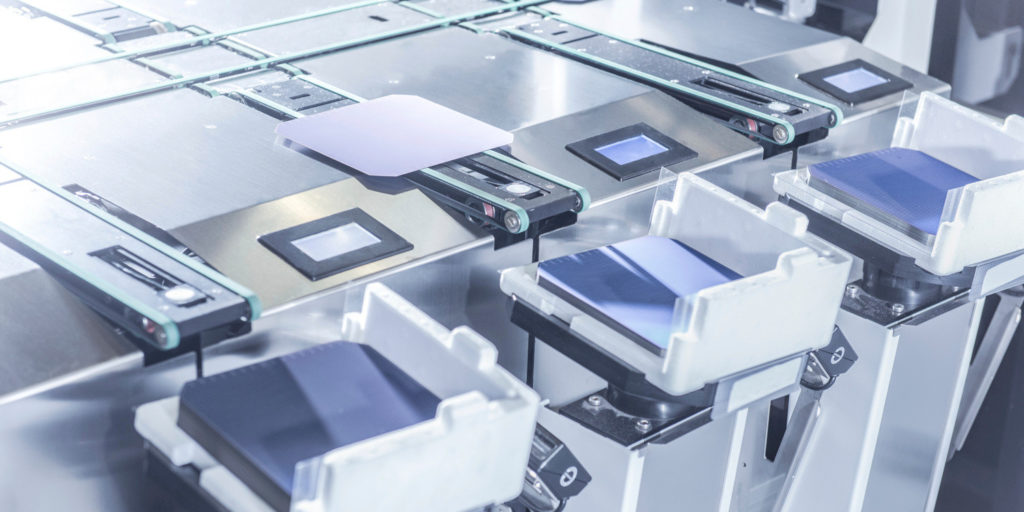Swiss solar manufacturing equipment maker Meyer Burger has weighed into the legal row between Korean solar manufacturer Hanwha Q Cells and its rivals over alleged patent infringements.
With Hanwha having filed lawsuits in Germany, the U.S. and Australia against solar rivals Jinko Solar, Longi Solar and REC for allegedly using its patented cell passivation technology to improve their own products, Meyer Burger has endorsed claims made by Chinese company Longi that its technology is not encompassed by Hanwha’s allegations.
With Longi facing legal action from its Korean peer at the U.S. International Trade Commission, U.S. District Court in Delaware and Australia’s Federal Court, Thun-based Meyer Burger stated on its website on Monday the Hanwha claim was based on the use of atomic layer deposition (ALD), a different manufacturing process to that used by Longi.
Meyer Burger backs Longi
It echoed a claim which has already been made by the Chinese manufacturer, with the Swiss equipment maker adding: “Meyer Burger’s MAiA and FABiA cell coating platforms use the company’s proprietary plasma enhanced chemical vapor deposition (PECVD) passivation technology, which is the leading alternative technology to ALD, and thus not in the scope of the patent infringement claim by Hanwha Q Cells.”
Announcing legal proceedings in Australia, Hanwha dismissed that defense by claiming its patent action is not limited to any method of manufacture – ALD or PECVD – and instead relates to a cell structure with a first dielectric layer including aluminum oxide and a second containing hydrogen.
When pv magazine put that argument to Meyer Burger today, a spokesperson pointed to Monday’s statement and added: “Our MAiA® and FABiA® cell coating platforms, which use our proprietary Plasma Enhanced Chemical Vapor Deposition (PECVD) passivation technology, are not in the scope of the patent infringement claim.”
Hanwha has also launched a lawsuit in the Regional Court of Düsseldorf, in Germany, against Jinko Solar and Norwegian manufacturer REC.
This content is protected by copyright and may not be reused. If you want to cooperate with us and would like to reuse some of our content, please contact: editors@pv-magazine.com.




By submitting this form you agree to pv magazine using your data for the purposes of publishing your comment.
Your personal data will only be disclosed or otherwise transmitted to third parties for the purposes of spam filtering or if this is necessary for technical maintenance of the website. Any other transfer to third parties will not take place unless this is justified on the basis of applicable data protection regulations or if pv magazine is legally obliged to do so.
You may revoke this consent at any time with effect for the future, in which case your personal data will be deleted immediately. Otherwise, your data will be deleted if pv magazine has processed your request or the purpose of data storage is fulfilled.
Further information on data privacy can be found in our Data Protection Policy.